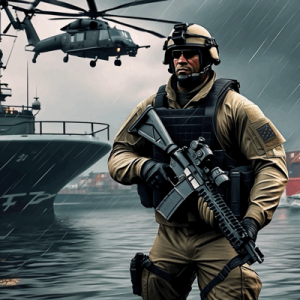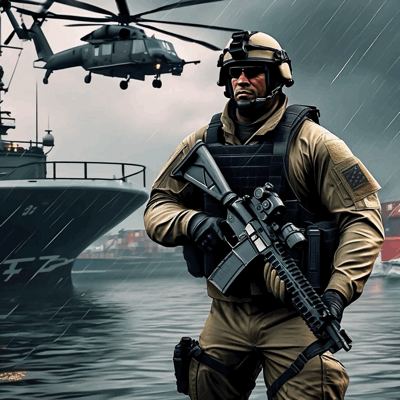What is the Uniform Code of Military Justice (UCMJ)?
The Uniform Code of Military Justice (UCMJ) is the foundation of U.S. military law. It governs
the conduct of all active duty service members, reservists, and in some cases, retirees. The UCMJ
sets out criminal offenses, establishes procedures for courts-martial, and outlines the rights of
the accused. Unlike civilian law, which varies by state and federal jurisdiction, the UCMJ is a
uniform system that applies worldwide to all branches of the armed forces.
Military members can face consequences under the UCMJ ranging from nonjudicial punishment (Article 15)
to a full general court-martial, which can result in confinement and a dishonorable discharge.
Offenses covered include serious crimes like sexual assault (Article 120/120c), assault (Article 128),
false official statements (Article 107), maltreatment (Article 93), drug use (Article 112a),
and general misconduct under Article 134.
How the UCMJ Works
- Nonjudicial Punishment (Article 15/NJP): Command-level discipline for minor offenses.
- Summary, Special, and General Courts-Martial: Different levels of trial depending on the severity of the charges.
- Article 32 Hearings: Preliminary investigations before a general court-martial.
- Separation Boards and Boards of Inquiry: Administrative actions that can end a career without a criminal conviction.
Why the UCMJ is Different from Civilian Law
Service members do not have the same rights and freedoms as civilians when it comes to legal issues.
For example, refusing a lawful order (Article 92) is a criminal offense under the UCMJ but not in
civilian life. Similarly, conduct that “brings discredit upon the armed forces” (Article 134) may be punished
even if it would be legal in the civilian world.
Video: Understanding the UCMJ
Pro Tips & Common Mistakes
Pro Tips
- Always exercise your right to remain silent when under investigation.
- Request legal counsel before answering questions from CID, NCIS, OSI, or command.
- Document all interactions with investigators and command for your defense.
Common Mistakes
- Assuming innocence will protect you without a defense strategy.
- Talking to investigators without an attorney present.
- Relying only on appointed counsel without consulting experienced civilian defense lawyers.

Why Choose Gonzalez & Waddington
At Gonzalez & Waddington, we have defended service members around the world in some of the
most serious and high-profile UCMJ cases. With decades of experience in court-martials, separation boards,
and administrative actions, our team understands the unique pressures of military justice. If your career,
freedom, or reputation is on the line, call us today at 1-800-921-8607 or visit
ucmjdefense.com.
Frequently Asked Questions
Who does the UCMJ apply to?
It applies to all active duty members, reservists, National Guard under federal orders, and in some cases retirees.
Can I be tried in both civilian court and under the UCMJ?
Yes, under the “dual sovereignty” doctrine, you may face both military and civilian charges for the same conduct.
What are the penalties for violating the UCMJ?
Penalties range from extra duty and loss of rank to confinement, dishonorable discharge, and loss of benefits.
What is the difference between NJP and a court-martial?
NJP (Article 15) is administrative and decided by a commander, while a court-martial is a formal criminal trial.
Do I need a civilian lawyer if I already have a military defense lawyer?
Military defense lawyers are often overworked. Hiring an experienced civilian defense counsel can give you a stronger, more personalized defense.


